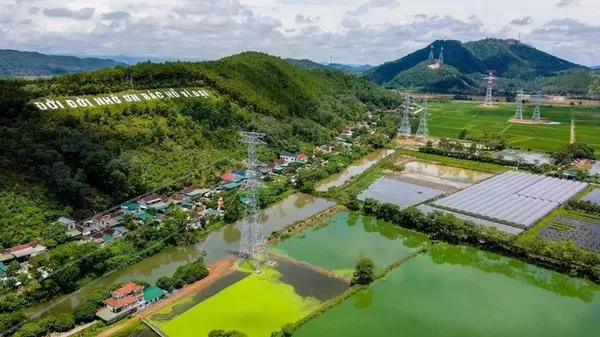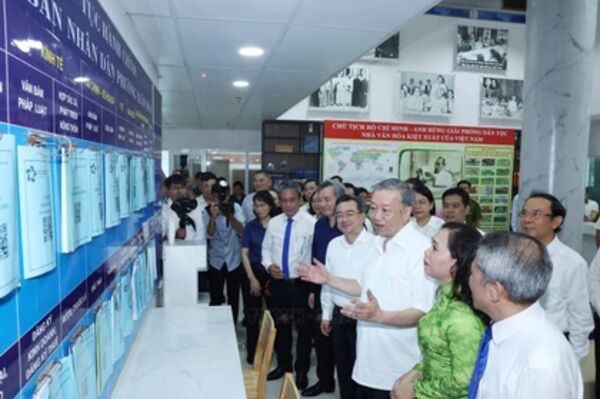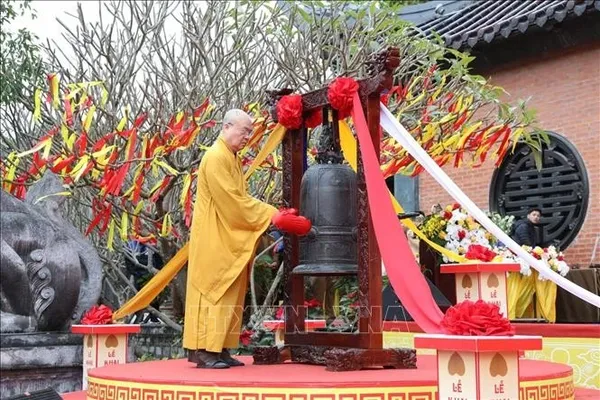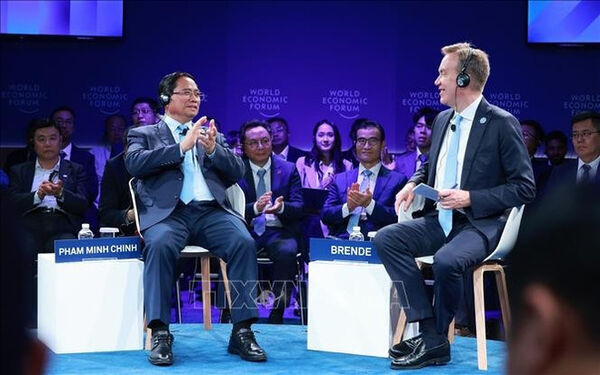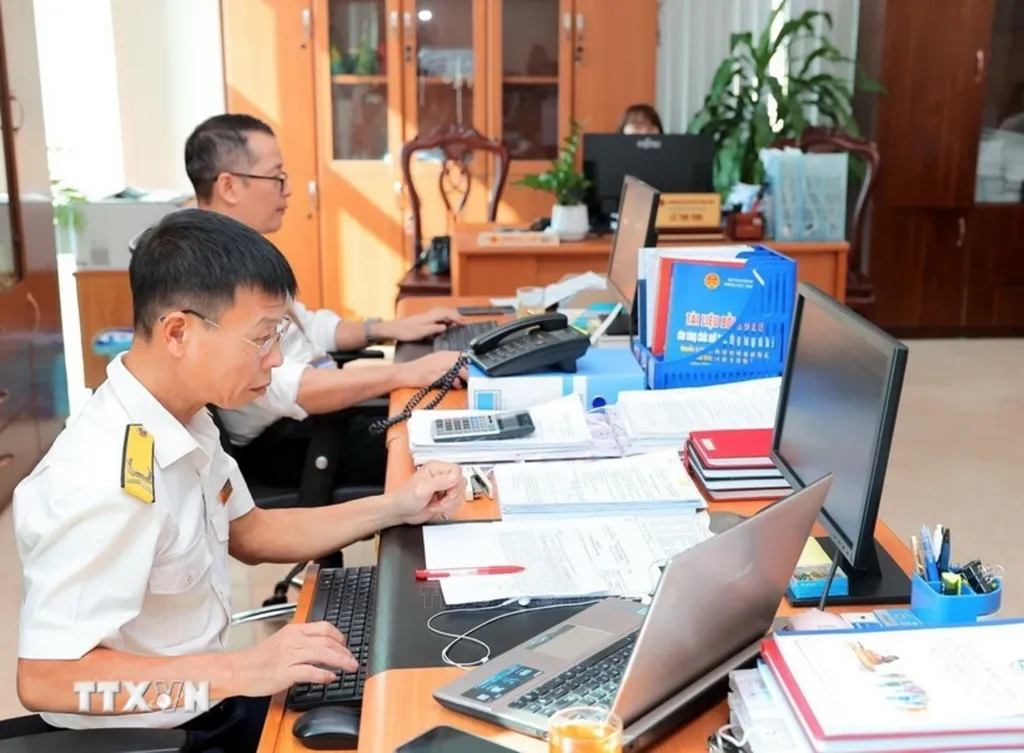 |
| Officials and civil servants of the Hoa Binh provincial tax department review and standardise personal identification data for use as personal tax codes. (Photo: VNA) |
Hanoi (VNA) - In the context of administrative modernisation and national digital transformation, effective records and archival management plays a crucial role in enhancing the efficiency of state governance, while facilitating timely access to information in service of leaders and the public.
The Law on Archives 2024 and its guiding documents, which took effect on July 1, 2025, provide a comprehensive legal foundation for the management of electronic documents. This framework supports the implementation of strategic, breakthrough decisions by the central government on restructuring the two-tier local administration system.
According to Nguyen Thanh Binh, Deputy Director of the State Records and Archives Department under the Ministry of Home Affairs (MoHA), electronic document management as stipulated in the new law is a key driver for the archival sector in building internationally standardised digital archival infrastructure, applying modern technologies, and ensuring data security.
These objectives align with the orientation set out in the Politburo’s Resolution No. 57 on the groundbreaking development of science, technology, innovation, and national digital transformation. Practical steps in this direction include the development of digital repositories, archival databases, and integration with national digital platforms, he said.
Electronic documents contribute to saving costs, reducing physical storage needs, minimising paperwork, enhancing transparency, improving public services, and supporting timely decision-making, Binh noted.
He also stressed the critical role of provincial historical archives in managing local data, ensuring appropriate technical infrastructure that meets development requirements. A synchronised rollout of digital archival systems is essential for realising the objectives of Resolution 57.
Despite the legal framework being in place, Binh noted several challenges emerging during the implementation, including underdeveloped digital infrastructure, limited human resources, cybersecurity threats, and difficulties in data synchronisation and system integration. Many localities, particularly at the commune level, lack the digital tools and infrastructure necessary for digitising and managing records. Moreover, the number of trained archival staff remains insufficient, especially at the commune level, with notable gaps in digital skills and professional expertise.
The lack of standardised technical specifications across current software systems poses further integration challenges, and earlier digitised records often do not conform to new standards. Digital transformation in the archival field also requires significant investment, which remains a challenge for financially constrained local budgets. Risks related to data breaches and cyberattacks necessitate the adoption of advanced security solutions.
One of the key tasks for ministries, agencies, and localities today is to implement the goals outlined in Resolution 57 by applying scientific and technological advances to the digital transformation of records and archival work. This is vital for efficient management and the effective use and promotion of the value of archival materials.
MoHA has issued and directed the State Records and Archives Department to release several guiding documents to help ministries, agencies, and localities enhance the management of records and archives during the restructuring of the political system’s organisational apparatus.
The department has also sent working groups to directly support localities in managing records and archives throughout the re-organisation process. Some localities have proactively issued instructions, provided training, and conducted inventories, packing, handover, and implemented safety measures for archival materials, even ahead of official guidance from the ministry./.


